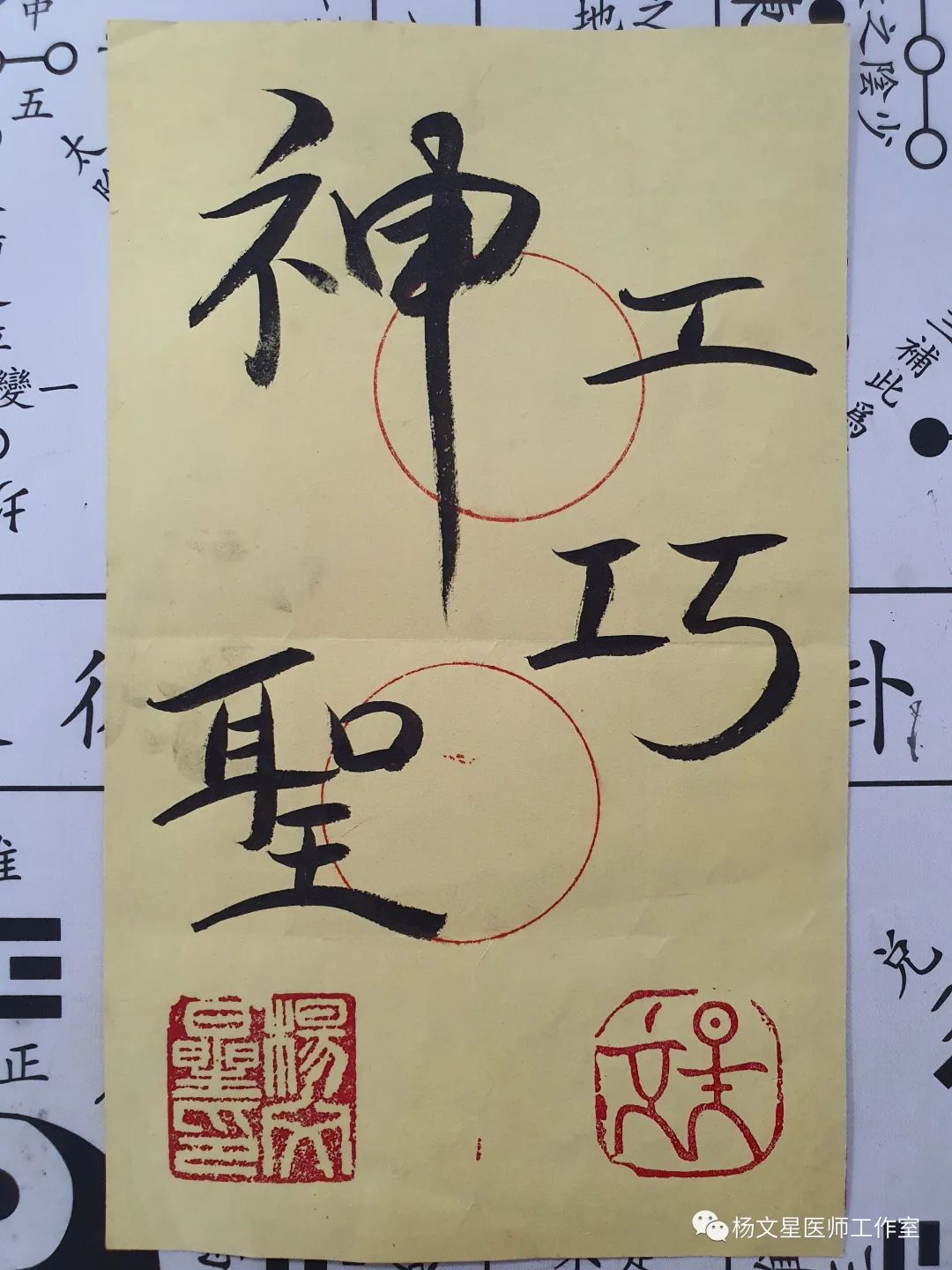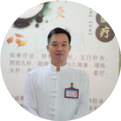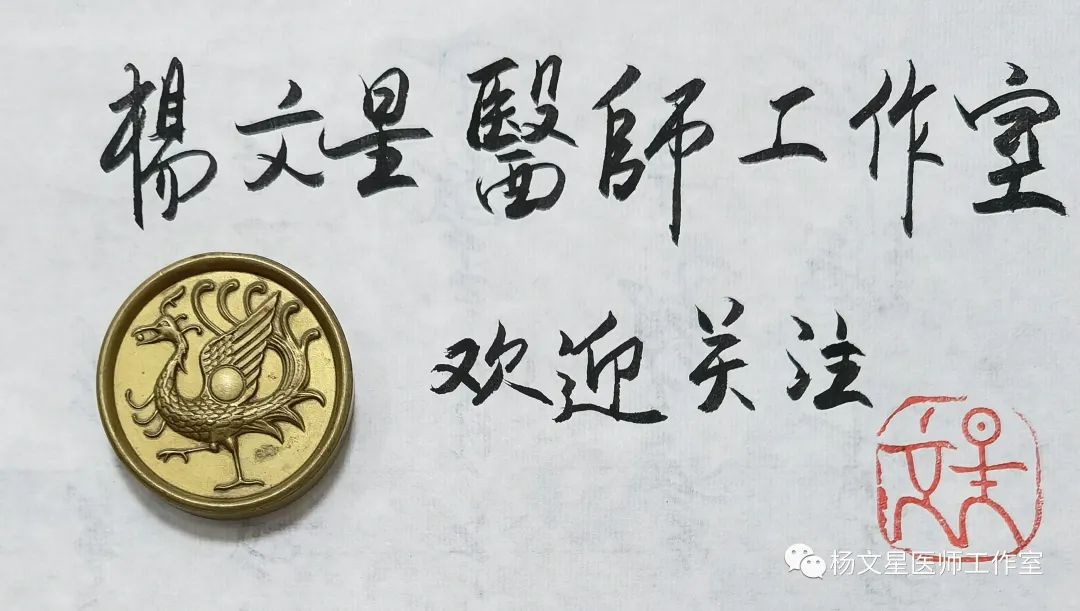
Supporting the body and expelling evil is an important principle in Traditional Chinese Medicine (TCM) for treating tumors. In TCM, the treatment of diseases relies on the formulation of herbal prescriptions, which must adhere to certain principles. “The main herb is called the monarch, the assistant is called the minister, and the envoy is called the envoy.” Based on the teachings of ancient sages, modern advancements, and personal experiences, the ten methods of supporting the body and expelling evil to treat cancer are described below according to the actions of the herbs, categorized by monarch, minister, assistant, and envoy.

Monarch Herb — Supporting the Body and Nourishing the Root
Tumors are chronic wasting diseases, often associated with deficiency syndromes. The method of supporting the body and nourishing the root assists in addressing insufficient qi and blood, coordinating the excess and deficiency of yin and yang, and replenishing the body’s weakened state. This method improves the internal environment of the body, enhances the patient’s immune function, strengthens the ability to resist and expel pathogenic factors, inhibits the growth of cancer cells, creates conditions for surgery, reduces the toxic side effects caused by radiotherapy and chemotherapy, improves the overall condition of the patient, alleviates symptoms, prolongs survival, and enhances efficacy.
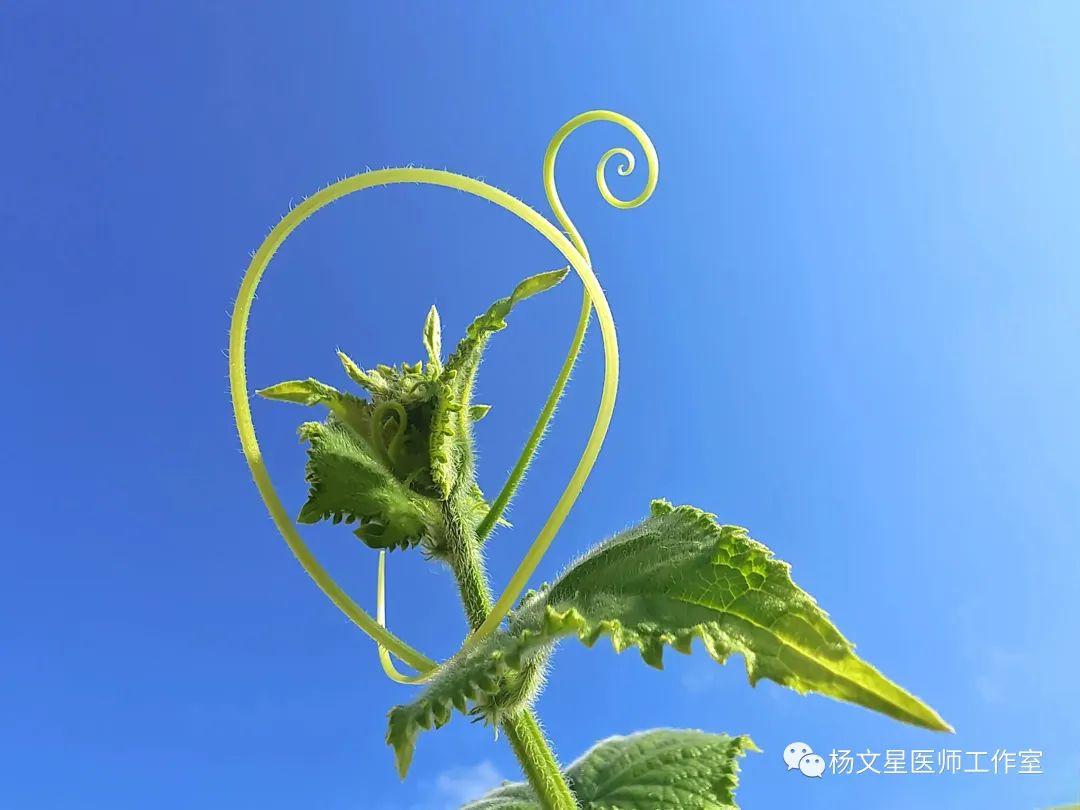
1. Qi and Blood Nourishing Method
Tumors often start locally and then gradually or rapidly affect the entire body. This is closely related to the strength and weakness of the body, as well as the abundance and deficiency of qi and blood. It often occurs when the body is weak, leading to further depletion of qi and blood. Qi deficiency indicates a weakening of physiological functions, while blood deficiency indicates insufficient blood in the body. The exhaustion of qi and blood can lead to the end of life, commonly seen in patients with late-stage tumors. Therefore, there is a saying, “If one part of blood is preserved, one part of life is preserved.” This method can both nourish the body and enhance physiological functions. Clinical symptoms include pale or sallow complexion, shortness of breath, fatigue, dizziness, palpitations, spontaneous sweating, shortness of breath, pale tongue, and thin, weak pulse. Commonly used herbs include: Ren Shen (Ginseng), Dang Shen (Codonopsis), Tai Zi Shen (Pseudostellaria), Huang Qi (Astragalus), Bai Zhu (White Atractylodes), Huang Jing (Polygonatum), Shan Yao (Chinese Yam), Bian Dou (Lima Bean), Yi Yi Ren (Job’s Tears), Fu Ling (Poria), Dang Gui (Angelica Sinensis), Shu Di Huang (Rehmannia), Ejiao (Donkey-hide Gelatin), Zhi He Shou Wu (Processed Fo-Ti), Long Yan Rou (Longan), Bai Shao (White Peony), Da Zao (Jujube), Gan Cao (Licorice), etc.

2. Nourishing Yin and Generating Fluids Method
In TCM, “Yin” encompasses all the substances that constitute the body. Body fluids refer to all normal fluids within the body, nourishing the muscles and skin. Tumor patients often experience fluid loss during surgery, damage to yin from radiotherapy, vomiting and diarrhea caused by chemotherapy, and infections and fevers in late-stage patients, all of which can lead to damage to yin fluids, causing disturbances in the internal fluid environment and promoting the deterioration of cancer. There is a famous saying, “If one part of body fluid is preserved, one part of vitality is preserved.” Clinical symptoms include dizziness, tinnitus, dry mouth and throat, irritability, insomnia, tidal fever, night sweats, heat in the palms and soles, scanty urine, dry stools, red tongue with little coating, and thin, rapid pulse. Commonly used herbs include: Nan Bei Sha Shen (North and South Ginseng), Tian Dong (Asparagus Root), Mai Dong (Ophiopogon), Xuan Shen (Scrophularia), Shi Hu (Dendrobium), Yu Zhu (Polygonatum), Bai He (Lily), Zhi Mu (Anemarrhena), Tian Hua Fen (Trichosanthes), etc.
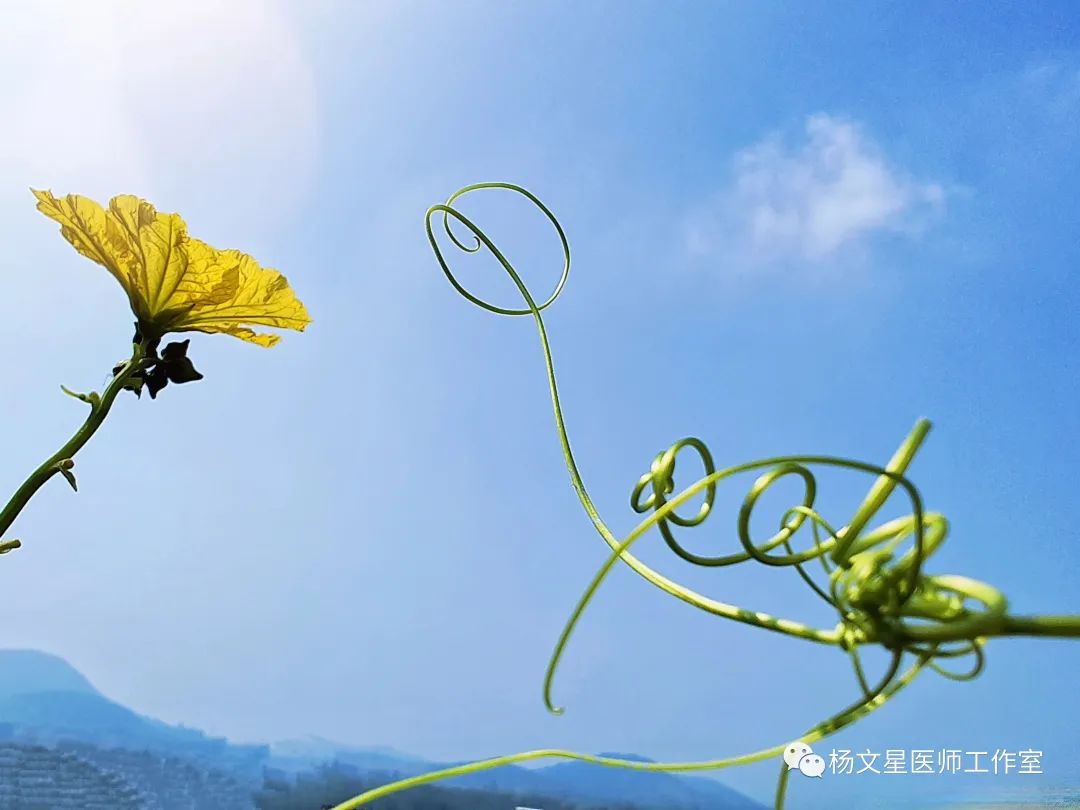
3. Nourishing Yin and Filling Essence Method
The kidney stores true yin and is the foundation of all yin fluids. Pathologically, it is often deficient, and the kidney is closely related to other organs. “Injuries to the five organs will eventually affect the kidney.” Kidney yin is the source of yin fluids, and the kidney stores essence, which is the material basis of life. Late-stage tumor patients often exhibit severe depletion of yin essence, with the disease reaching a critical stage. In treatment, it is necessary to nourish the kidney and yin, and sometimes to fill essence and replenish marrow. Common clinical symptoms include dizziness, tinnitus, loose teeth, tidal fever, night sweats, weakness in the lower back and knees, nocturnal emissions, red tongue with peeled coating, and thin, wiry pulse. Commonly used herbs include: Sheng Di Huang (Raw Rehmannia), Shu Di Huang (Cooked Rehmannia), Shan Zhu Yu (Cornus), Gou Qi Zi (Goji Berries), Zhi He Shou Wu (Processed Fo-Ti), Nu Zhen Zi (Ligustrum), Han Lian Cao (Eclipta), Wu Wei Zi (Schisandra), Tu Si Zi (Cuscuta), Tian Dong (Asparagus), Zhi Mu (Anemarrhena), Sang Ji Sheng (Mulberry Mistletoe), Sha Yuan Zi (Astragalus Seed), etc. Additionally, one may choose to use Zi He Che (Human Placenta), Gui Ban (Tortoise Shell), Bie Jia (Soft-shelled Turtle), Lu Jiao Jiao (Deer Antler Glue), Lu Rong (Deer Velvet), etc.

4. Warming Yang and Securing the Kidney Method
The kidney is the organ of water and fire, and the original yang is the root of all yang energy. Kidney yang is the driving force of yang energy, and the life fire has a warming and promoting effect on all organs. Chronic illness can affect the kidney. If kidney yang is exhausted, the condition becomes critical, often seen in late-stage tumors. Common clinical symptoms include pale complexion, cold limbs, lower back and knee pain, impotence, frequent urination, or edema, scanty urine, loose stools, pale tongue with white coating, and thin, weak pulse. Commonly used herbs include: Xian Mao (Curculigo), Xian Ling Pi (Epimedium), Suo Yang (Cynomorium), Ba Jiao Tian (Morinda), Bu Gu Zhi (Psoralea), Gou Ji (Cibotium), Rou Cong Rong (Cistanche), Yi Zhi Ren (Alpinia), Hu Lu Ba (Fenugreek), Du Zhong (Eucommia), Chuan Xiong (Ligusticum), Fu Zi (Aconite), Rou Gui (Cinnamon), etc.

Minister Herb — Anti-Cancer and Expelling Evil
Tumor patients often exhibit characteristics of both deficiency and excess, so in treatment, it is necessary to both support the body and expel evil. The distinction between supporting the body and expelling evil, as well as the order and urgency of treatment, must be flexibly integrated throughout the entire treatment process for tumors. TCM believes that the occurrence of tumors is often related to factors such as heat toxin, qi stagnation, blood stasis, and phlegm accumulation. Therefore, to address the symptoms, methods such as clearing heat and detoxifying, promoting qi and invigorating blood, resolving phlegm and softening hardness, and purging and draining water should be employed to expel evil, which is the etiological treatment in TCM.

5. Clearing Heat and Detoxifying Method
Tumor patients may present with symptoms dominated by heat toxin due to a predisposition to yang excess, external pathogens, or disease progression. Common clinical symptoms include fever, headache, red eyes, flushed face, dry mouth and throat, irritability, yellow urine, dry stools, local burning pain, red tongue, thin yellow coating, and rapid or thin pulse. Commonly used herbs include: Jin Yin Hua (Honeysuckle), Lian Qiao (Forsythia), Bai Hua She She Cao (Hedyotis), Ban Zhi Lian (Scutellaria), Ban Bian Lian (Lobelia), Long Kui (Solanum), Qi Ye Yi Zhi Hua (Seven-leaf Flower), Shan Dou Gen (Sophora), Ban Lan Gen (Isatis), Hu Zhang (Polygonum), Zi Cao (Lithospermum), Zi Hua Di Ding (Viola), Pu Gong Ying (Dandelion), Xia Ku Cao (Selfheal), Bai Jiao Cao (Patrinia), Chuan Xin Lian (Andrographis), Huang Lian (Coptis), Huang Qin (Scutellaria), Huang Bo (Phellodendron), Ku Shen (Sophora Flavescens), Long Dan Cao (Gentiana), Jin Qiao Mai (Buckwheat), Shu Yang Quan (Shepherd’s Purse), Shi Shang Bai (Stone Pine), Di Gu Pi (Lycium), Zhi Mu (Anemarrhena), Xuan Shen (Scrophularia), Da Qing Ye (Isatis), Bo He (Mint), Ma Chi Xian (Portulaca), Bai Tou Weng (Pulsatilla), etc.

6. Promoting Qi and Invigorating Blood Method
The relationship between tumors and qi and blood is very close throughout the entire disease process. Initially, qi stagnation leads to blood stasis, and over time, this can result in the formation of masses. Due to blood stasis, pain occurs. Qi and blood are interrelated; qi is the commander of blood, and blood is the mother of qi. When qi moves, blood moves; when qi stagnates, blood stagnates. Therefore, the method of invigorating blood and promoting qi is often used in conjunction with the method of regulating qi. Promoting qi facilitates blood circulation, and treating blood must also treat qi. When qi and blood are harmonized, they can invigorate each other. Thus, the method of promoting qi and invigorating blood can improve blood circulation, relieve pain, inhibit connective tissue hyperplasia, and limit tumor growth and development. Common clinical symptoms include chest and abdominal distension or stabbing pain, belching, bowel sounds, and in severe cases, a dark complexion, rough skin, numbness, sticky tongue coating, dark purple tongue, and thin, choppy pulse. Commonly used qi-promoting herbs include: Chi Shao (Red Peony), Dan Pi (Moutan), Dang Gui (Angelica Sinensis), Chuan Xiong (Ligusticum), Chai Hu (Bupleurum), Xiang Fu (Cyperus), Yu Jin (Curcuma), Qing Pi (Green Tangerine Peel), Zhi Ke (Bitter Orange), Zhi Shi (Unripe Bitter Orange), Wu Yao (Lindera), etc. Commonly used blood-invigorating herbs include: Ren Shen (Ginseng), San Qi (Notoginseng), Tao Ren (Peach Kernel), Hong Hua (Safflower), Dan Shen (Salvia), Ru Xiang (Frankincense), Mo Yao (Myrrh), Wang Bu Liu Xing (Vaccaria), San Su (Bitter Orange), E Zhu (Curcuma), Ling Xiao Hua (Clematis), Zao Jiao (Soapberry), Ze Lan (Lycopus), Liu Ji Nu (Liu Ji Nu), Pu Huang (Cattail Pollen), Yuan Hu (Corydalis), Da Huang (Rhubarb), Cang Hong Hua (Safflower), etc. Common insect-based herbs include: Wu Ling Zhi (Flying Squirrel Feces), Jiang Can (Silkworm), Tian Long (Heavenly Dragon), Di Long (Earthworm), Quan Chong (Whole Insect), Chuan Shan Jia (Pangolin), Di Bie Chong (Ground Beetle), Shui Zhi (Leech), Mei Chong (Fly), Wu Gong (Centipede), Qiang Zhi (Scarab), Ban Sha (Bitter Gourd), Lu Feng Fang (Bee Nest), Chan Tu (Toad), Shi Pang Xie (Stone Crab), She Lei (Snake), etc.

7. Resolving Phlegm and Softening Hardness Method
The term phlegm refers not only to the sputum that is coughed up but also to phlegm that causes various symptoms throughout the body. The production of phlegm is due to certain pathogenic factors causing dysfunction of the spleen, lungs, and kidneys, leading to the accumulation of fluids that cannot be transformed and distributed. Therefore, phlegm is a pathological product of organ dysfunction, which can further become a pathogenic factor, hence the saying, “All diseases arise from phlegm.” Phlegm accumulation can form hard masses in the skin, muscles, meridians, and organs, making treatment quite challenging, such as in cases of thyroid cysts (tumors, cancers), lung cancer, breast cancer (tumors), gastrointestinal tumors, and lymphatic sarcomas. Commonly used phlegm-resolving herbs include: Huang Yao Zi (Corydalis), Bai Jie Zi (White Mustard Seed), Ting Li Zi (Descurainia), Lai Fu Zi (Radish Seed), Bai Fu Zi (White Atractylodes), Su Zi (Perilla), Xing Ren (Apricot Kernel), Ban Xia (Pinellia), Dan Xing (Bamboo Leaf), Guo Lou (Trichosanthes), Zhu Ru (Bamboo Shavings), Xuan Fu Hua (Inula), Qing Long Shi (Green Stone), Dai Zhe Shi (Red Stone), etc. Commonly used softening herbs include: Kun Bu (Kelp), Hai Zao (Seaweed), Hai Fu Shi (Sea Cucumber), Sheng Mu Li (Raw Oyster Shell), Xia Ku Cao (Selfheal), etc.

8. Purging and Draining Water Method
Tumor patients may experience symptoms of evil in the stomach and intestines, internal dryness, and fluid accumulation in the abdomen, often leading to abdominal distension, hardness, pain, and ascites. In such cases, it is necessary to treat the symptoms urgently using purging and draining water methods to reduce swelling and improve clinical symptoms. This method aims to eliminate the evil, stopping treatment once the condition improves. The herbs in this category are potent and may have toxic effects, so attention must be paid to dosage, compatibility, and contraindications. Commonly used purging herbs include: Da Huang (Rhubarb), Mang Xiao (Glauber’s Salt), Ba Dou (Croton), Fan Xie Ye (Senna Leaf), Aloe (Aloe Vera), etc. Commonly used draining water herbs include: Xu Sui Zi (Coriander Seed), Bai Jie Zi (White Mustard Seed), Ting Li Zi (Descurainia), Qian Niu Zi (Morning Glory Seed), Da Ji (Euphorbia), Gan Sui (Gan Sui), Yuan Hua (Genus Euphorbia), Shang Lu (Shang Lu), etc.
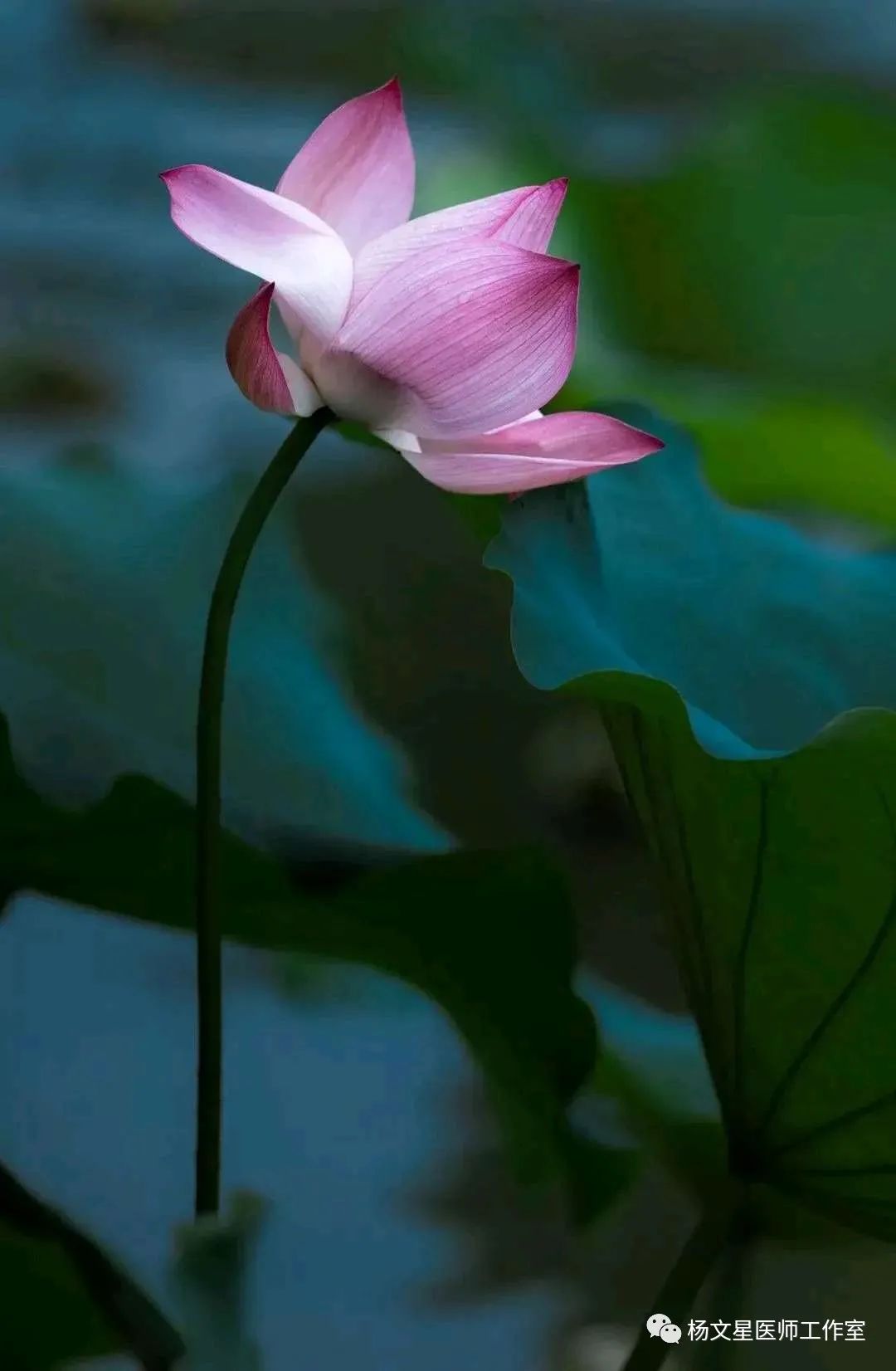
Assistant Herb — Regulating the Spleen and Stomach
Most tumor patients experience emotional stress, pessimism, and disappointment, leading to dysfunction of the spleen and stomach, affecting appetite. Additionally, the inability to effectively control the disease leads to gradual weight loss and reduced food intake, exacerbating the condition, especially in patients with gastrointestinal tumors. The spleen and stomach are the source of the body’s biochemical processes; when their functions are balanced, yin and yang harmonize. Therefore, in the treatment of supporting the body and expelling evil, herbs that regulate the spleen and stomach should be added to enhance appetite, nourish the qi and blood, and support the marrow. The efficacy of the herbs also relies on the absorption and distribution of the stomach qi.

9. Strengthening the Spleen and Harmonizing the Stomach Method
Tumor patients often experience symptoms of spleen and stomach disharmony during the disease process, as well as after surgery, radiotherapy, and chemotherapy, such as loss of appetite, difficulty digesting food, nausea, vomiting, belching, abdominal distension, and loose stools, with a pale tongue and white coating, and a thin pulse. The treatment should focus on strengthening the spleen and harmonizing the stomach. Commonly used herbs include: Dang Shen (Codonopsis), Tai Zi Shen (Pseudostellaria), Cang Zhu (Atractylodes), Bai Zhu (White Atractylodes), Huang Qi (Astragalus), Huang Jing (Polygonatum), Yu Zhu (Polygonatum), Yi Yi Ren (Job’s Tears), Sha Ren (Amomum), Cardamom (Cardamom), Shan Yao (Chinese Yam), Bian Dou (Lima Bean), Chen Pi (Tangerine Peel), Ban Xia (Pinellia), Mu Xiang (Aucklandia), Gan Cao (Licorice), Sheng Jiang (Ginger), etc.

10. Promoting Spleen Function and Nourishing the Body Method
After radiotherapy and chemotherapy, tumor patients often experience insufficient stomach yin and spleen deficiency. Common clinical symptoms include dull pain in the stomach, easy hunger, poor appetite, abdominal distension, dry heaving, fatigue, pale tongue, thin coating, and thin, wiry pulse. The treatment should focus on nourishing stomach yin and strengthening spleen function. Commonly used herbs include: Nan Bei Sha Shen (North and South Ginseng), Tian Dong (Asparagus Root), Mai Dong (Ophiopogon), Yu Zhu (Polygonatum), Huang Jing (Polygonatum), Yi Yi Ren (Job’s Tears), Shi Hu (Dendrobium), Tian Hua Fen (Trichosanthes), Chi Bai Shao (Red and White Peony), Zhu Ling (Polyporus), Fu Ling (Poria), Bian Dou (Lima Bean), Zhu Ru (Bamboo Shavings), Ma Ren (Sesame), Gan Cao (Licorice), Dao Dou Ke (Hyacinth Bean Shell), etc.

Envoy Herb — Guiding and Harmonizing
Envoy herbs are those that guide other herbs directly to the affected area and also harmonize the effects of the other herbs. For example, Gan Cao (Licorice) is commonly used to harmonize the effects of other herbs. This herb is used in formulas as an assistant and envoy to moderate the potency and irritability of the other herbs. Many of these herbs are also used as food, such as ginger for colds, jujube for disharmony of qi and blood, ginger for vomiting, lotus root for bleeding, jujube and licorice for pain, and red bean, corn silk, and winter melon seeds for edema. Specific envoy herbs may also be used for certain types of cancer, such as Yu Xing Cao (Houttuynia) for lung cancer and Ba Yue Zha (Bitter Orange) for liver cancer.

Insights
Supporting the body and expelling evil is the fundamental principle of TCM in treating cancer, based on the concepts of holism and syndrome differentiation. Supporting the body can enhance physical strength and improve the body’s ability to resist disease, thereby expelling evil and restoring health. Expelling evil involves using various treatment methods to eliminate pathogenic factors, halt disease progression, and gradually lead to recovery. The approach of supporting the body and expelling evil is based on observing the struggle between evil and righteousness, the changes in abundance and deficiency, and distinguishing between symptoms and root causes, primary and secondary issues, and the order of treatment. In the early stages of cancer, expelling evil is the primary focus; in the middle stages, both attacking and tonifying methods are used; and in the late stages, supporting the body is prioritized. Throughout the treatment process, according to the compatibility principles of TCM prescriptions, the methods of supporting the body, expelling evil, and regulating the spleen and stomach are integrated into a single formula, which can avoid side effects and enhance the efficacy of the herbs, leading to satisfactory results.
Author: Zhang Wenjie
Institution: Jiangsu Provincial Institute of Medicine Research
—Excerpted from “Famous TCM Treatments for Cancer”
I have a jug of wine, enough to comfort the weary;
Pour it into the rivers and seas, offering a drink to the world.
Raise a cup to invite the bright moon, watching the white clouds rise;
Gently stroke the Guangling San, who dreams of whom in the night.
Feel free to share, to help others, if needed, it is fate!🙏🏻😁
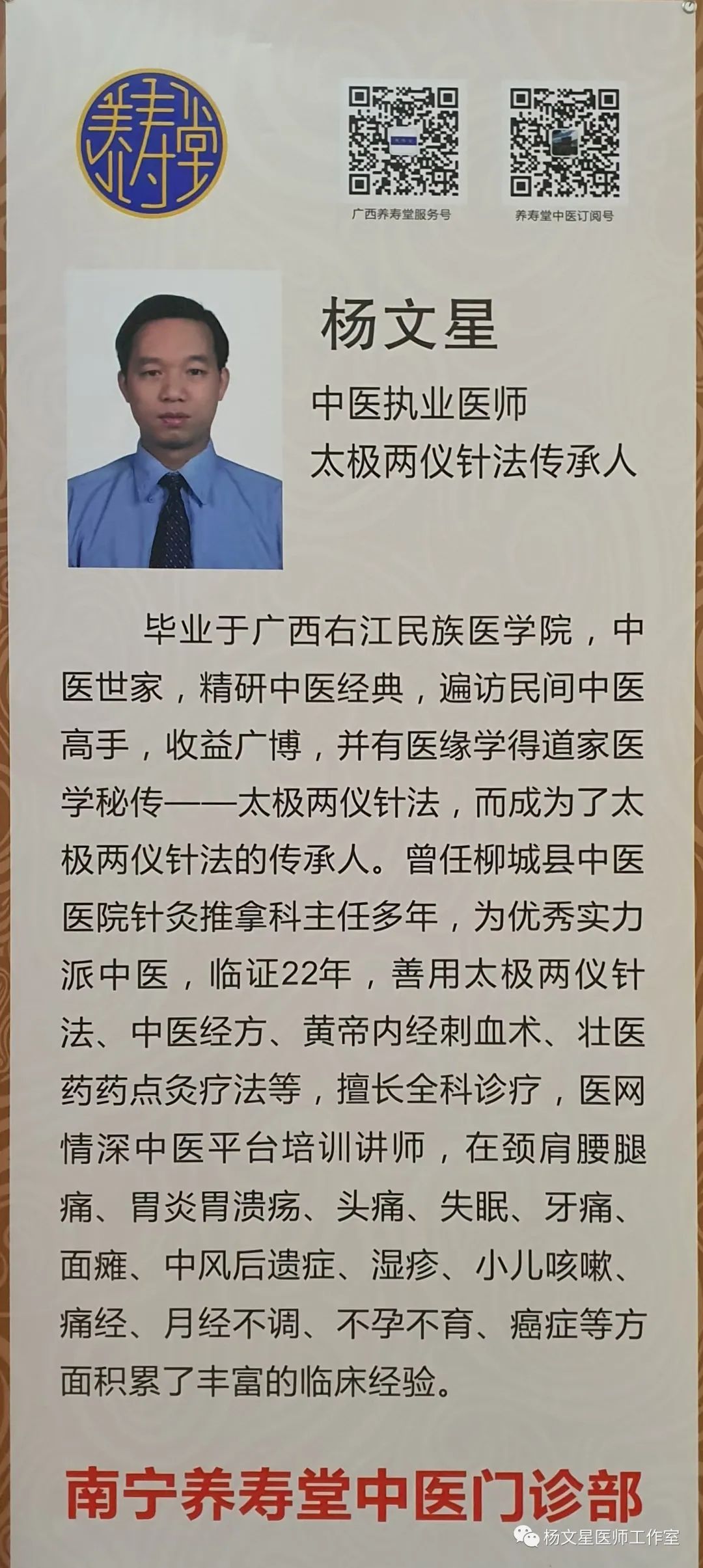
Friends are welcome to add me on WeChat for communication👇🏻😁, in wind and rain, I am waiting for you in Nanning😁

